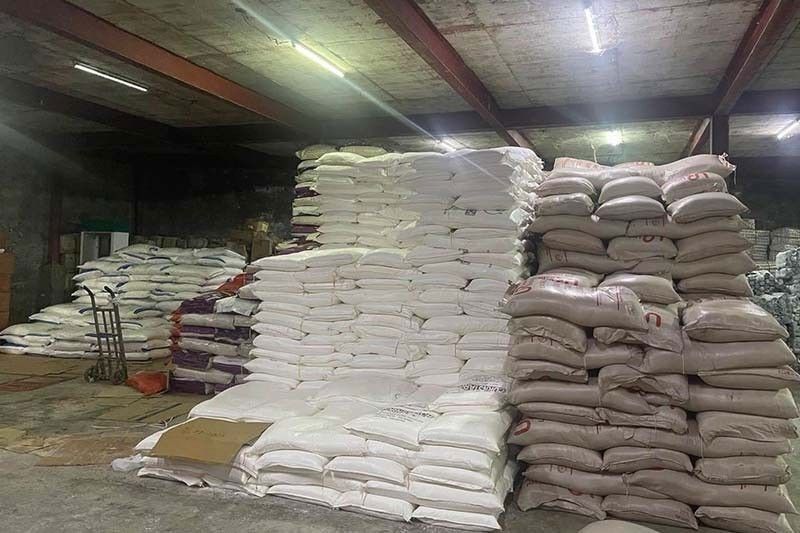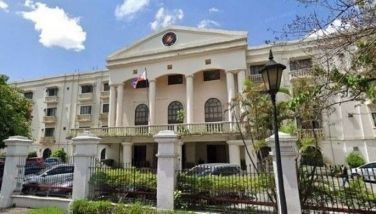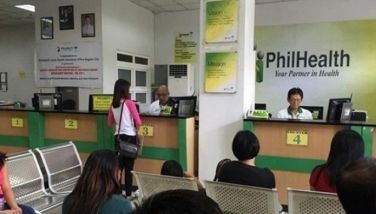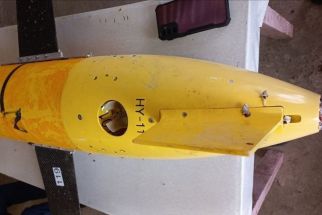Can seized sugar be sold locally? DA unsure

MANILA, Philippines — The government is still looking at how tons of sugar seized from raided warehouses can be sold to the public despite their being already committed for industrial use, a ranking Department of Agriculture (DA) official said yesterday.
At a briefing, DA Senior Undersecretary Domingo Panganiban said the Bureau of Customs is still finalizing its inventory of the sugar stocks at warehouses “visited” by Customs operatives in the past few weeks.
“It will be given to (Executive Secretary Victor) Rodriguez to see what the government will do to speed up the distribution of sugar throughout the country,” Panganiban said.
He said the outcome of inspections and raids on sugar warehouses in Quezon City, Bulacan, Pampanga, Pangasinan, Misamis Oriental and Bukidnon point to an artificial shortage of the commodity.
“Maybe they could be confiscated and distributed to supermarkets and small sellers so that sugar can be sold at a low price,” he said.
However, Philippine Sugar Millers Association president Pablo Lobregat said the sugar stocks found at warehouses should not be sold to the public because these were intended for industrial use, like for the production of sweetened beverages.
“That sugar is not for sale. That is the stock of industrial. I don’t think the industrials are going to be generous enough to give out sugar. Because if they do, they’re going to stop their factories,” he said in an interview with “The Chiefs” on One News channel on Tuesday.
The sugar stocks were imported under Sugar Order No. 3 (SO3). “Although there’s a lot of raw (sugar) as we were milling, but the refined sugar production was down. This is why industrials were given 200,000 tons of sugar to be imported as early as March... which only came in June because there were two temporary restraining orders (TROs) in Negros as some planter groups said (importation) was not necessary,” Lobregat said.
Meanwhile, the Unyon ng mga Manggagawa sa Agrikultura (UMA) urged President Marcos to reveal the names of the sugar smugglers and their backers in the government.
The group also said the controversy over the issuance of Sugar Order No. 4 would never go away unless the President accepts the truth that he had initially approved the importation of 300,000 metric tons of sugar under SO4.
“To do otherwise would not erase the fact that indeed cartels control the sugar industry with strong ties even to the highest officials of the land,” UMA said.
The group said it found it strange that no one had been arrested for smuggling or charged for the offense after the raids on warehouses.
SO4 was issued supposedly without the approval of President Marcos in his concurrent capacity as DA secretary and Sugar Regulatory Administration (SRA) Board chairman.
The order was supposed to address the shortage sugar in the country.
For the current crop year ending Aug. 31, the SRA slashed its final crop estimate from 2.072 million MT to 1.982 million MT due to the effect of recent typhoons and La Niña.
As of Aug. 7, SRA data showed sugar production reached 1.793 million MT, 16.14 percent lower than the 2.138 million MT produced in the previous crop year.
For the next crop year, the country’s need is pegged at 2.5 million MT and this can be served by local production.
That’s why the SRA has recommended an all B sugar or domestic sugar allocation under SO1 for this crop year starting September.
Meanwhile, the agency is recommending an importation order for 150,000 MT of purely refined sugar under SO2 to stabilize market prices.
- Latest
- Trending































